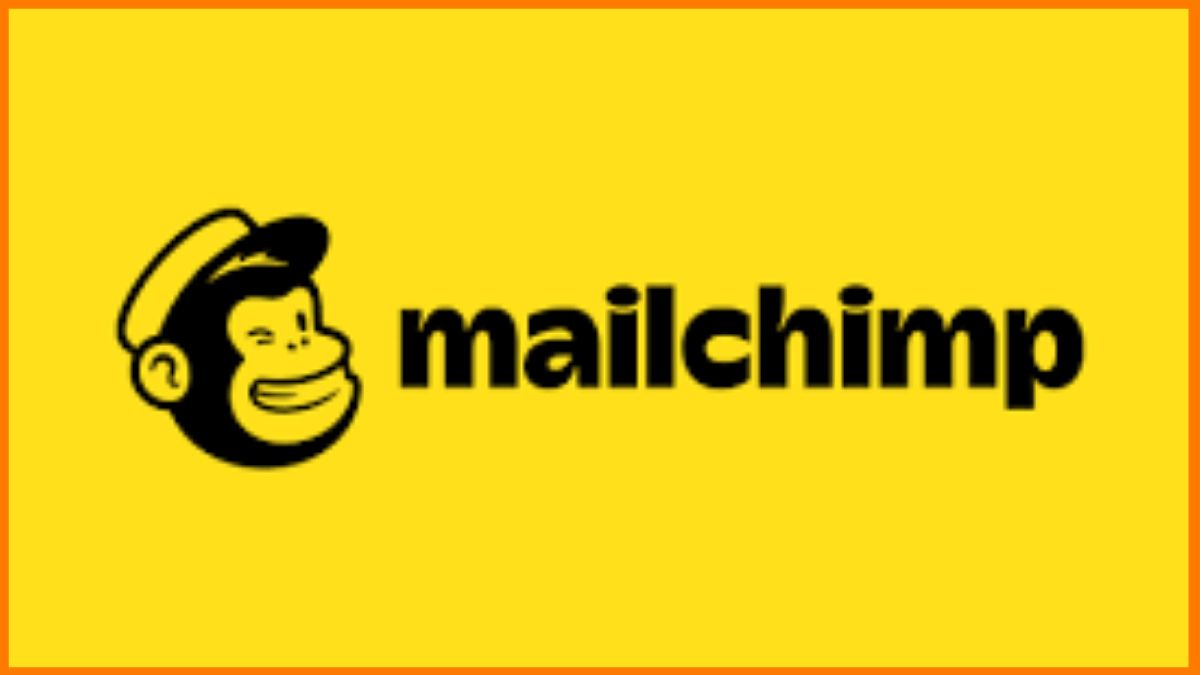In the world of email marketing and automation, Mailchimp has long been considered a leader. Known for its user-friendly interface, powerful features, and scalable pricing, it’s a go-to platform for businesses of all sizes. However, with growth and innovation in digital marketing, Mailchimp Competition from several emerging and established platforms that offer unique advantages. For users, this competition is not just about brands—it’s about access to better tools, pricing, and service.
In this article, we’ll explore the competitive landscape surrounding Mailchimp, the top alternatives, and how this healthy competition benefits marketers and business owners alike.
Why Mailchimp Dominated Early
Founded in 2001, Mailchimp built its reputation as a reliable and easy-to-use email marketing platform, especially favored by small businesses and startups. With drag-and-drop templates, detailed analytics, audience segmentation, and a generous free plan, it quickly became a market favorite. Over the years, Mailchimp expanded its services to include CRM tools, landing pages, automation, and even e-commerce integrations.
However, as digital marketing has grown more sophisticated, new players have entered the field with advanced features, competitive pricing, and niche capabilities that challenge Mailchimp’s dominance.
Who Are Mailchimp’s Main Competitors?
As of now, several platforms offer strong competition to Mailchimp, each with its own strengths:
- Constant Contact: Known for its excellent customer support and event marketing tools, Constant Contact appeals to nonprofits and community-based businesses.
- ConvertKit: Designed for creators like bloggers, podcasters, and online educators, ConvertKit offers streamlined automation and tagging features ideal for content-driven marketing.
- Sendinblue: This platform combines email and SMS marketing with advanced automation and a robust CRM—often at a lower cost than Mailchimp.
- MailerLite: A simple, budget-friendly option for smaller businesses that still want access to automation, landing pages, and a clean UI.
- ActiveCampaign: Positioned more toward mid-sized and enterprise users, ActiveCampaign offers sophisticated workflows, sales automation, and CRM integration.
- HubSpot: Though more comprehensive and expensive, HubSpot includes advanced CRM and marketing tools in one platform, making it a full-scale solution for growing businesses.
How Competition Benefits Users
Competition in the email marketing industry is ultimately a win for users. Here’s how:
1. Better Pricing Options
As more companies compete for market share, users can benefit from more competitive pricing, free plans, or generous trial periods that weren’t as common a few years ago.
2. Innovation and Features
To stay ahead, companies are constantly rolling out new tools—AI writing assistants, A/B testing, personalization options, and real-time analytics—which improve the overall user experience.
3. Improved Support and Usability
With more platforms available, users are more likely to choose companies that provide great support, intuitive interfaces, and fast onboarding experiences.
4. Tailored Services
Some platforms focus on specific industries or user types (like content creators or nonprofits), offering tools that are better aligned with specific needs compared to Mailchimp’s one-size-fits-most approach.
Conclusion
The growing competition to Mailchimp signals a thriving digital marketing space filled with opportunities. While Mailchimp remains a powerful choice for many, users now have more options than ever to find a platform that best suits their goals, budget, and business model. Whether you stick with the classic or explore the newcomers, the evolving marketplace ensures you’ll benefit from better tools, smarter automation, and more value overall.

